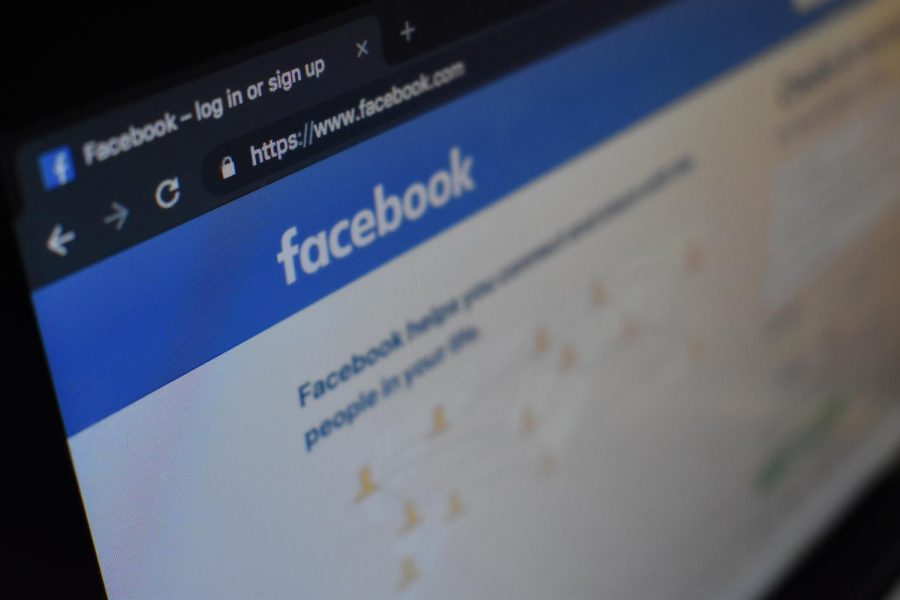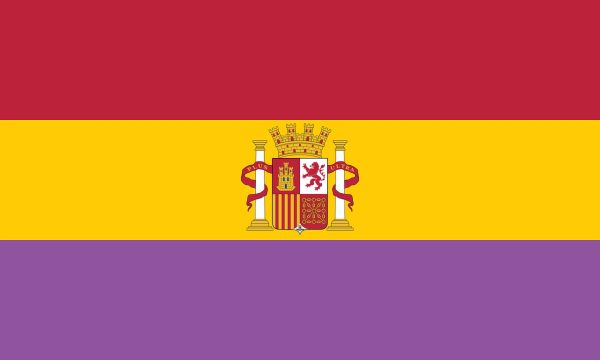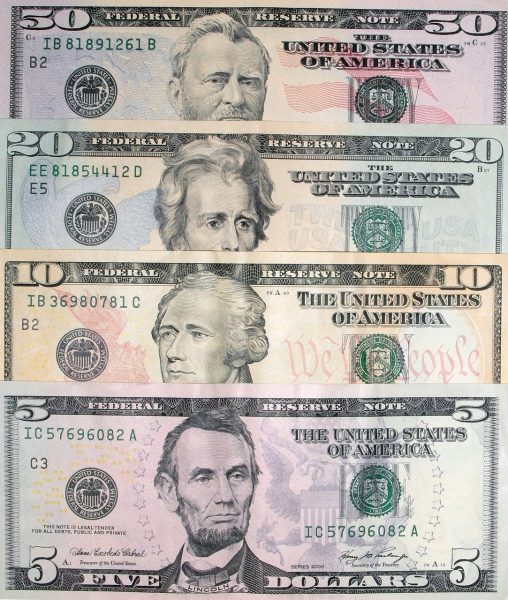Zuckerberg’s Response to Facebook Controversy in the 2020 Presidential Election
October 31, 2019
Within the past week, some of Facebook’s employees targeted their chief executive, Mark Zuckerberg, in a letter, accusing him of allowing politicians to post “false” advertisements. Facebook’s advertisement policy has been a major concern for many lawmakers and civil groups, specifically regarding the spread of misinformation. In the 2016 presidential election, Russians used the platform to spread radical messages to influence American voters. Since then, Zuckerberg has implemented a team dedicated to social security on the website. Despite these efforts to reduce divisive messages, last month Facebook announced that politicians would be permitted to post whatever content they wanted to.
The most recent incident regarding this situation concerns former Vice President and 2020 presidential candidate Joe Biden, in which President Trump’s campaign, an independent political action committee (super PAC), made the false claim that Biden blackmailed Ukrainian officials in order to protect his son. After rejecting the Biden campaign’s efforts to remove the content online, Biden’s campaign argued that Facebook’s policy allows politicians to make their own claims, but since a super PAC created the content, the ad must be rejected.
On the same day as the Biden campaign’s letter, Zuckerberg defended the company’s support for political expression, stating, “People having the power to express themselves at scale is a new kind of force in the world — a Fifth Estate alongside the other power structures of society.” Zuckerberg ended the address with a note that Facebook gains $55.8 billion in revenue from political advertisements, and the determination of divisive speech is a confusing process. Regardless of Facebook and Zuckerberg’s actions, the use of the social platform for political manipulation has become a widespread topic of debate in Congress over the past few years, especially when it comes to presidential elections.










